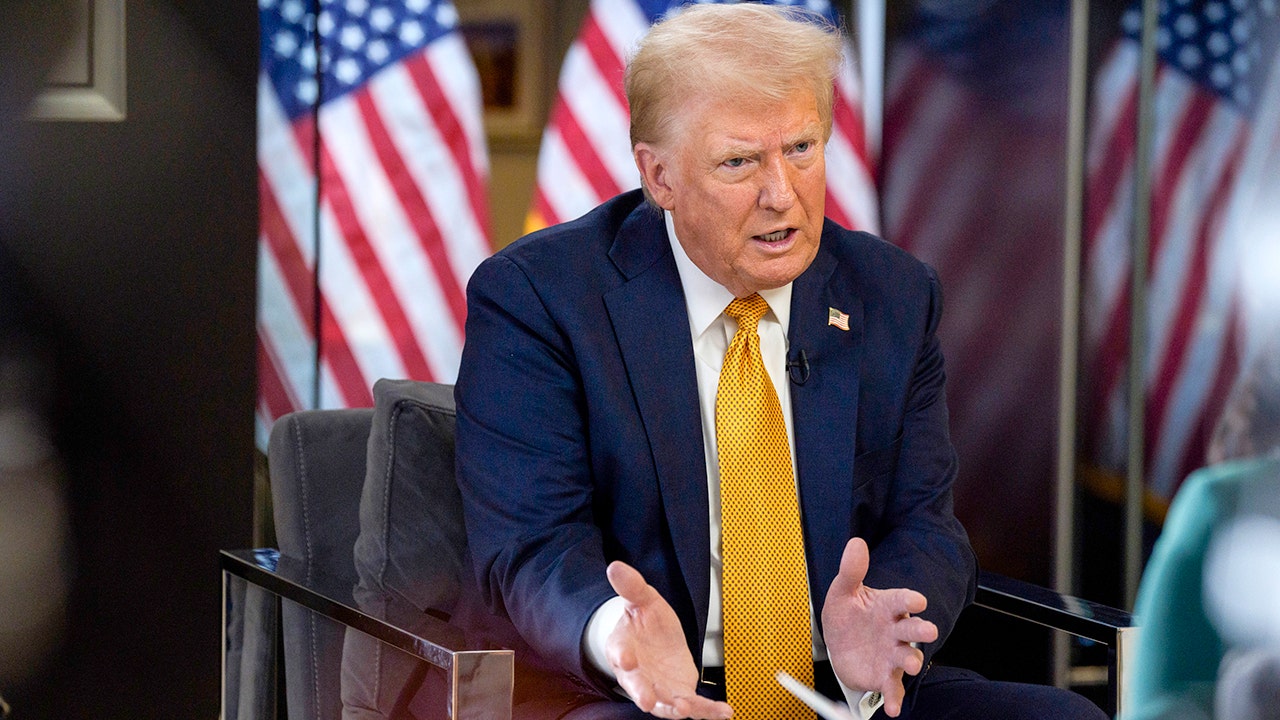A potential second withdrawal from Paris climate treaty under Trump could look different than first US exit

President-elect Donald Trump has made it clear that he plans to withdraw the United States from the global climate change agreement known as the Paris Climate Agreement. This agreement, established at the U.N. Climate Change Conference in 2015, aims to promote international cooperation on climate change among nearly 195 parties. The U.S. officially entered into the agreement under former President Barack Obama in 2016.
Under Article 28 of the Paris Climate Agreement, parties are allowed to withdraw from the agreement, but not earlier than three years after they officially entered. As a result, Trump was unable to immediately withdraw when he first took office, and the U.S. officially left the agreement at the end of 2020. However, President Joe Biden reinstated the U.S. to the climate agreement in 2021.
In a recent interview with Politico, Trump expressed his intention to withdraw from the treaty for a second time. Given that Biden withdrew at the beginning of his term, this second withdrawal could happen much more quickly. David Waskow, director of the international climate initiative at the World Resources Institute, noted that the timeline for a second withdrawal would be different than the first.
Max Boykoff, a professor at CU Boulder, raised concerns that a U.S. withdrawal could lead to a loss of trust among world leaders and potentially prompt other countries to also exit the treaty. Argentine President Javier Milei is reportedly considering withdrawing from the agreement as well.
However, supporters of Trump’s decision to withdraw from the Paris Agreement argue that there are many benefits to a second withdrawal. H. Sterling Burnett, Director of the Arthur B. Robinson Center on Climate and Environmental Policy at the Heartland Institute, highlighted the importance of reclaiming U.S. sovereignty and avoiding unnecessary emission reductions that could harm the American economy.
Burnett suggested that Trump submit the treaty to the Senate for advice and consent, making it more difficult for future administrations to reenter the agreement. Additionally, there is speculation about whether the incoming president will also withdraw from the U.N. Framework Convention on Climate Change (UNFCCC), a treaty established in 1992.
Mandy Gunasekara, former EPA chief of staff during Trump’s first term, proposed that the administration should consider withdrawing from UNFCCC as well for a more permanent response to exiting unfavorable agreements. However, other leaders have expressed concerns that the Paris Agreement could suffer if the U.S. is not involved.
Secretary-General of the United Nations António Guterres emphasized the importance of U.S. participation in the Paris Agreement to achieve meaningful climate goals. He urged the U.S. to adopt policies that align with the agreement’s objectives.
In conclusion, the potential second withdrawal of the U.S. from the Paris Climate Agreement raises concerns about the future of international climate cooperation. The decision could have far-reaching implications for global efforts to combat climate change and the overall effectiveness of the agreement. It remains to be seen how the incoming administration will approach this issue and what impact it will have on the U.S. and the world at large.




